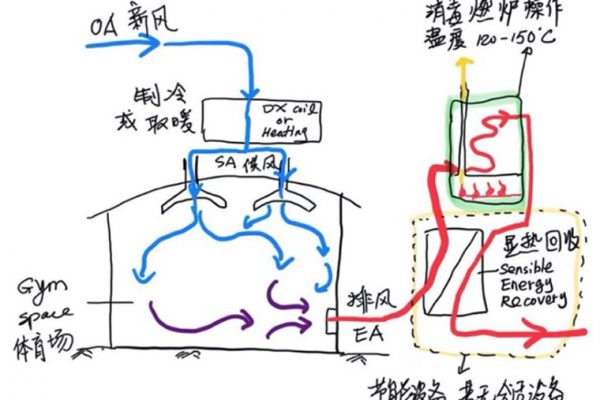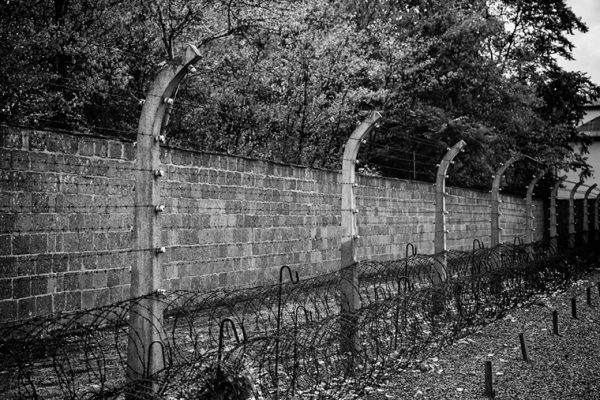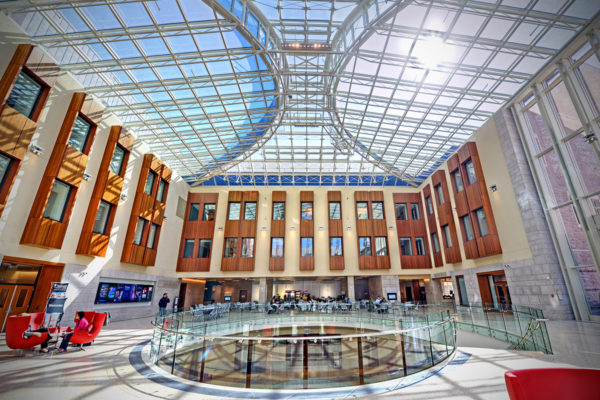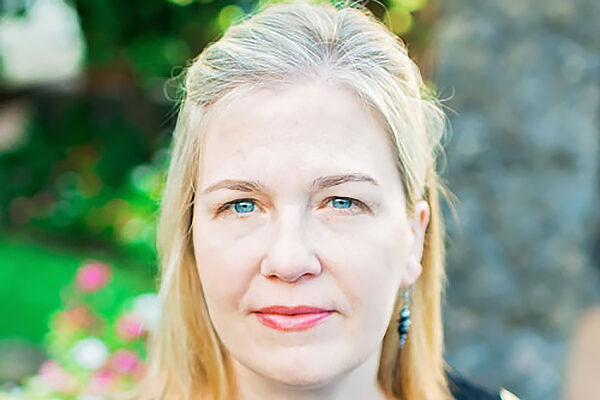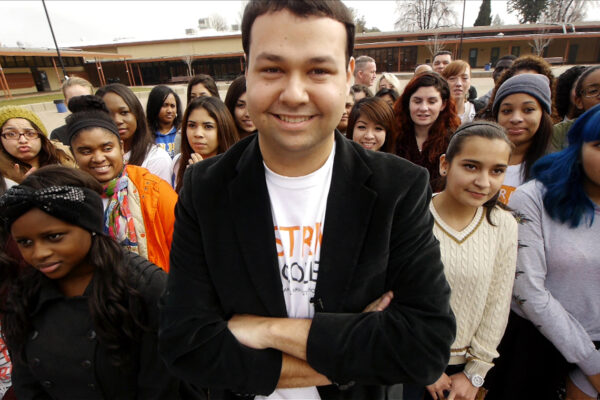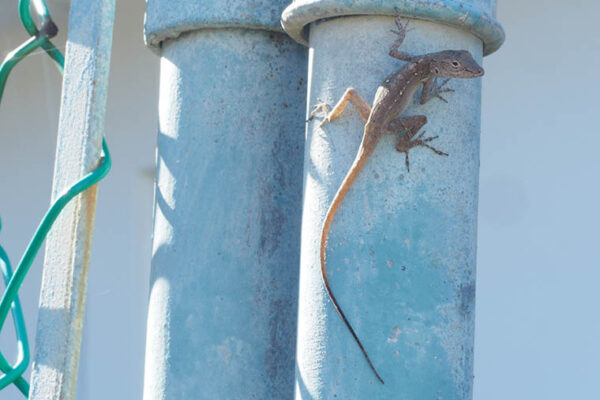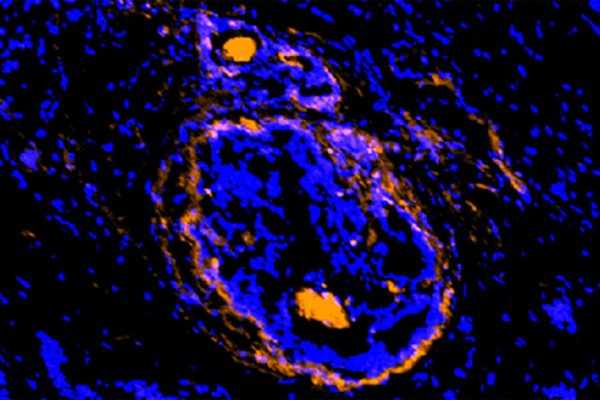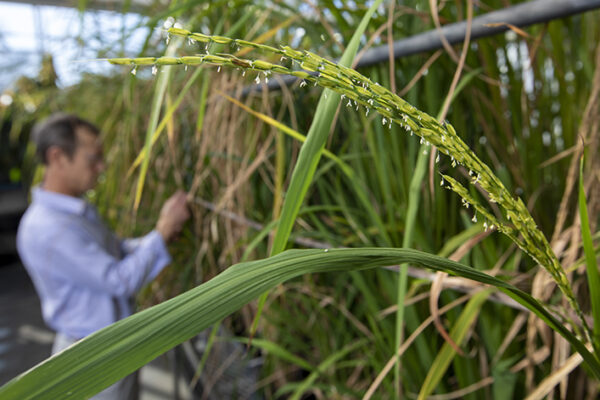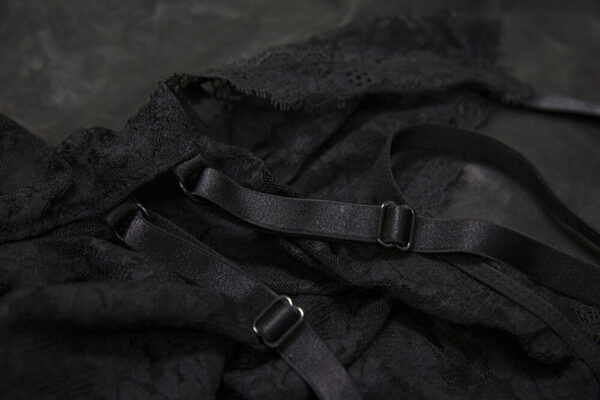The architecture of virus transmission
The built environment often shapes the spread of disease. Many early cases of COVID-19, the 2019 novel coronavirus, centered on a seafood market in Wuhan City, China. Airports, hospitals and other gathering points can easily become sites of virus transmission. But as the world grapples with the COVID-19 outbreak, Hongxi Yin, associate professor in advanced building systems and architectural design at Washington University in St. Louis, is exploring whether using portable furnaces to sterilize contaminated building exhaust might help to stem the contagion.
Study links present-day xenophobia, political intolerance to Third Reich
It has been nearly 75 years since the end of World War II, yet its legacy of xenophobia, political intolerance and radical political parties continues to plague Germany and the rest of Europe. A new study from Washington University in St. Louis finds that living near former Nazi-era concentration camps is, in part, to blame.
Olin faculty evaluate coronavirus on U.S. businesses, economy
Olin Business School faculty at Washington University in St. Louis offer perspectives on the economic, financial and everyday business reactions to the novel coronavirus outbreak.
Michael Bloomberg is not our savior
The loopholes in our campaign financing laws will continue to advantage billionaires like Michael Bloomberg. But the outcomes of our elections should be not be shaped by the power of his checkbook.
Strive for College recognizes Washington University for affordability, outcomes
Washington University in St. Louis has been recognized by Strive for College for excellence in serving low-income and first-generation students. Washington University ranked high for its affordability, high completion rate and post-graduate outcomes for low-income students.
Hot time in the city: Urban lizards evolve heat tolerance
Faced with a gritty landscape of metal fences, concrete walls and asphalt pavement, lizards that moved into cities in Puerto Rico rapidly and repeatedly evolved better tolerance for heat than their forest counterparts, according to new research from Washington University in St. Louis and the University of California, Los Angeles.
Cancerous tumors, surrounding cells illuminated by new imaging agent
Scientists at Washington University School of Medicine have developed a new imaging agent that could let doctors identify tumors as well as the surrounding normal cells that act as a shield, protecting the tumor from various treatment strategies.
Seed grants awarded for international policy projects
Washington University’s Social Policy Institute and McDonnell International Scholars Academy announced their first round of seed grants to fund international policy-focused research proposals.
Rice, know thy enemy: NSF grants $2.6M to study weedy invader
Weedy rice — or rice gone rogue — costs U.S. farmers more than $45 million annually. A team led by Washington University in St. Louis will characterize the genetic basis and origins of the traits that allow weedy rice to invade rice fields, reduce yields and contaminate harvests.
New work by Heather Bennett at Monaco
“Midnight Special,” a new exhibition by Heather Bennett, lecturer in art in the Sam Fox School of Design & Visual Arts at Washington University in St. Louis, will open March 13 at Monaco, the artists’ cooperative gallery.
View More Stories
